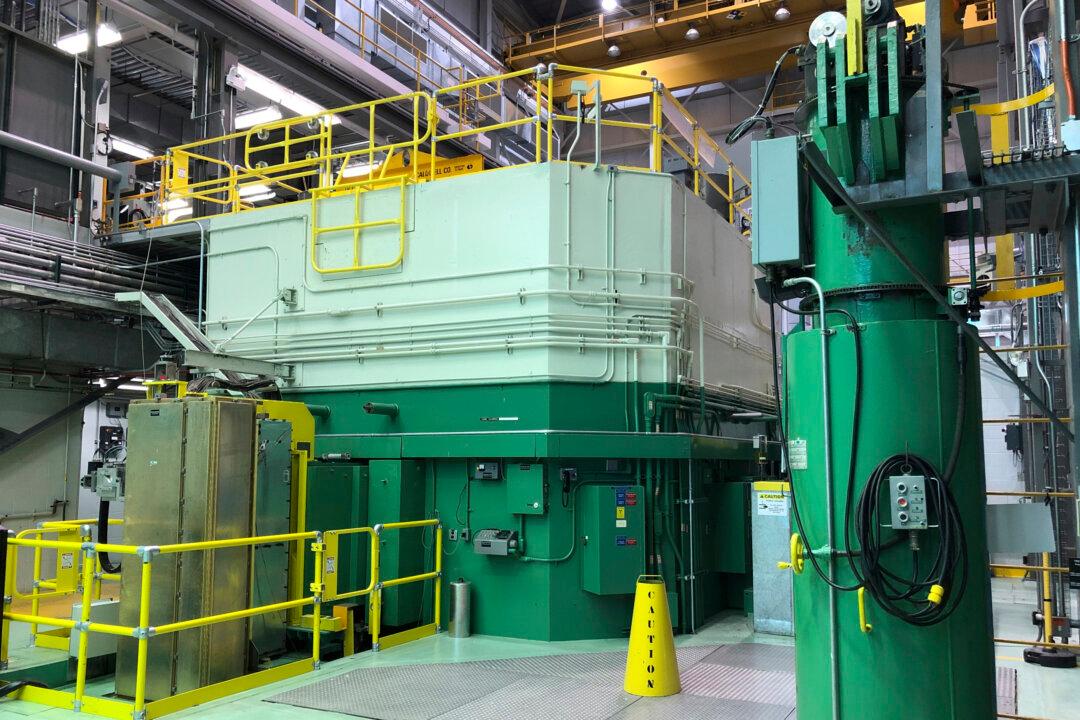A group of nuclear nonproliferation experts has written a letter to the U.S. Department of Energy, urging it to not use bomb-grade nuclear fuel in an experiment as this could violate America’s longstanding policy against using such fuel.
The May 30 letter (pdf) raised concerns about the proposed Molten Chloride Reactor Experiment (MCRE) at the Idaho National Laboratory. The experiment is expected to use over 600 kilograms of 93 percent enriched weapons-grade uranium, which is highly enriched uranium (HEU), that can be used to make dozens of nuclear weapons. The letter argued that the experiment would undermine longstanding American policy on minimizing HEU use.





